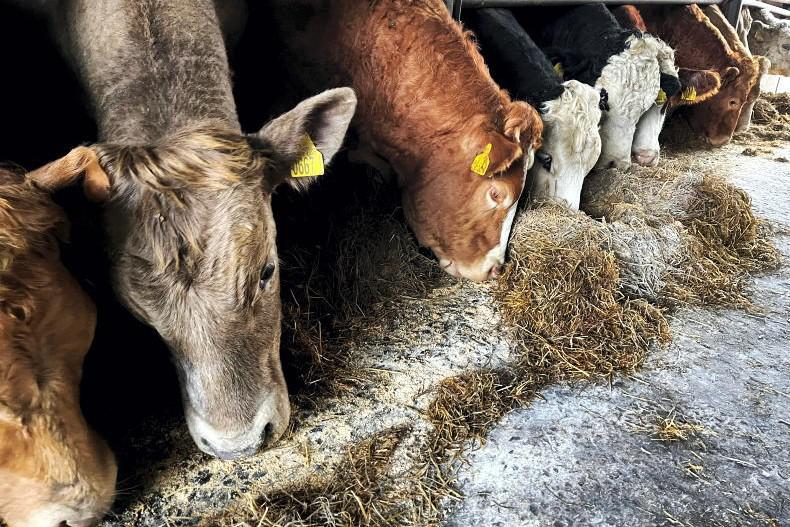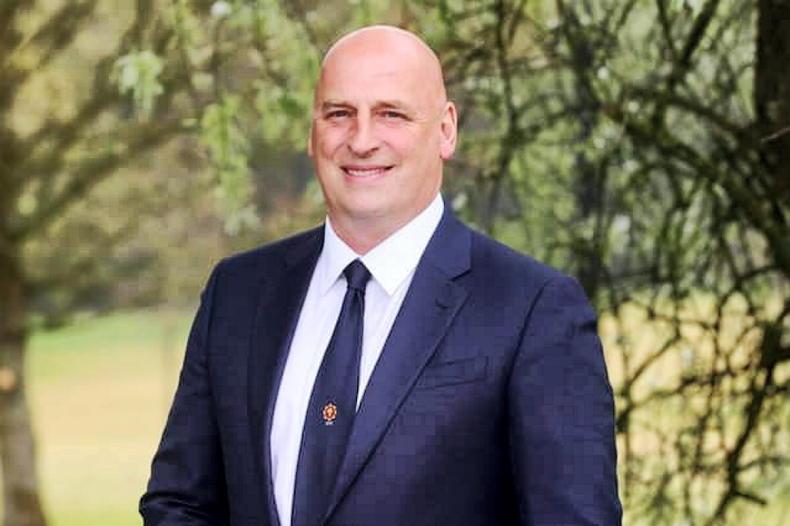Trade tariffs should be applied on food imports that have lower production standards than those required by UK farmers, a new report has concluded.
The Trade and Agriculture Commission (TAC) published its recommendations for the UK government’s post-Brexit trade policy on Tuesday.
The body was set up by the government last July and has representatives from all UK farming unions, including UFU president Victor Chestnutt and former NFU Scotland president Andrew McCornick.
The report states that tariffs should be used for “remedying competition issues” where food imports do not meet UK standards relating to climate, environment, animal welfare and ethics.
It marks a significant change in position by the unions who last year pushed for legislation that would stop imports of food produced in ways that would be illegal in the UK.
“This report when it comes out will be balanced, it will be a compromise,” Chestnutt warned UFU members last week ahead of its publication.
However, the TAC report has a firmer line on standards relating to food safety and biosecurity, as it recommends that agri food imports should meet “relevant UK and international standards”.
Recommendations
Overall, the TAC has made 22 recommendations to the UK government on post-Brexit trade policy.
Ultimately, it calls for a liberal approach to international trade, where the UK government negotiates with trading partners to remove tariffs and quotas where “equivalence is demonstrated” in standards.
TAC was initially set up to produce this one-off report, but it has since been tasked with producing reports on the impact that each new post-Brexit trade deal has on UK farmers.
Speaking to UFU members last week, Chestnutt acknowledged that the findings by TAC will be advisory only, and can be overlooked by the government.
“It [TAC] probably hasn’t any teeth itself, but it will provide reports to MPs in Westminster. What they do, we have no idea, although it’s harder for MPs to ignore our recommendations when it’s put forward to them than if it hadn’t been there at all,” he said.









SHARING OPTIONS